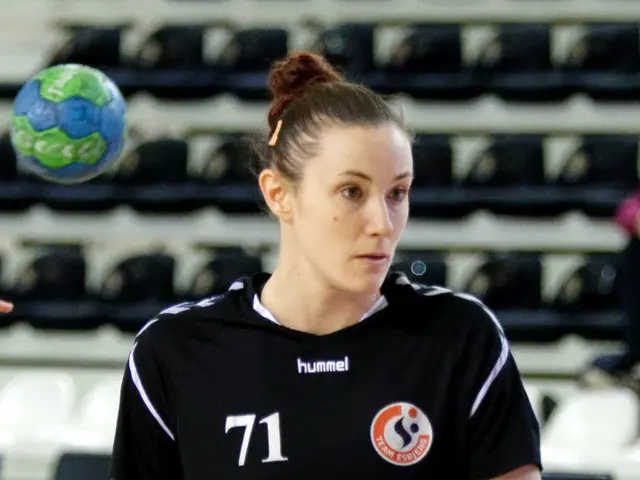Urban Heat Crisis: Mathare, Nairobi, Swelters as 350+ Cities Face 35°C+ Summers
Soaring temperatures are causing a stir in cities worldwide, with Mathare, Nairobi, Kenya, feeling the heat. Local street vendors are struggling to sell goods in the scorching sun, leading to reduced sales and a shift to cooler evening hours, but with fewer customers. This issue is not isolated; over 350 cities globally are grappling with summertime temperatures above 35°C (95°F), a number set to rise as the climate warms.
The heat is not just a nuisance; it's a serious threat to workers, especially those in informal or hourly wage jobs. Women are particularly vulnerable. In Mathare, the sun can make it up to 5°C (9°F) hotter than the rest of Nairobi by midday. This intense heat reduces productivity and compromises safety. Cities must prioritize safety by mandating breaks, enforcing cooling and ventilation standards, and engaging with at-risk workers.
Extreme urban heat comes at a heavy price. It increases energy demands, damages infrastructure, and strains public health systems. Globally, nearly 500,000 people die from heat-related causes each year. Heat exposure can strain vital organs, disrupt sleep, cause mental stress, and worsen chronic conditions. Low-income residents, children, pregnant people, and older adults are among the most affected, often living in poorly ventilated homes or working outdoors.
To combat this, cities need to invest in interventions that lower exposure to heat and provide options for escaping it. Early warning systems, public cooling centers, and heat-resistant housing are some solutions. Recent heatwaves have affected cities like Tokyo, Japan, and several locations in southern Europe, highlighting the urgent need for action.
Heat is a growing daily pressure reshaping urban life. It's a challenge that demands immediate attention from city planners and policymakers. By prioritizing safety, investing in protective measures, and engaging with vulnerable communities, cities can mitigate the impacts of extreme heat and ensure a safer, healthier future for all residents.





